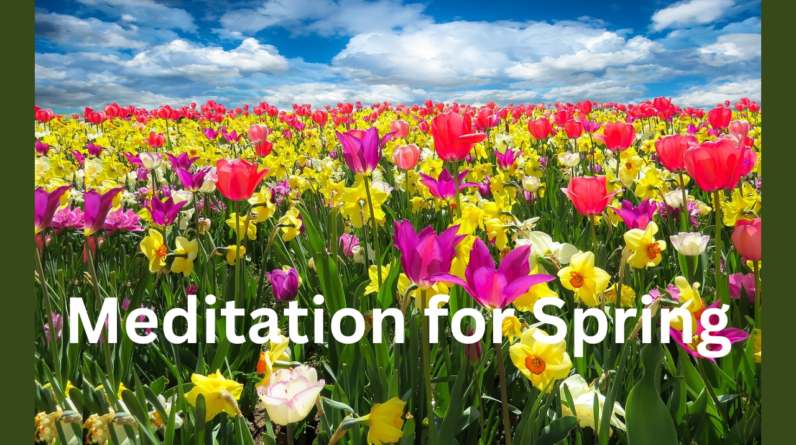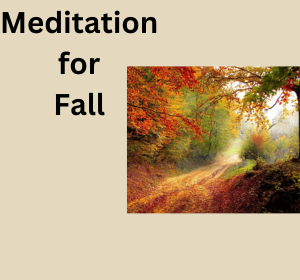
In this week of the Thanksgiving holiday, it’s a great opportunity to devote some time to gratitude.
Gratitude, the heartfelt expression of appreciation, is a powerful positive emotion that extends far beyond mere politeness. As research delves into the realms of psychology and wellness, the transformative effects of practicing gratitude on mental, emotional, and physical health are becoming increasingly evident. Just some of the benefits of cultivating gratitude and how it can contribute to a holistic sense of well-being are listed below.
1. Mental Health Boost
Gratitude has been linked to improved mental health by fostering a positive mindset. Regular acknowledgment of the good things in life can reduce symptoms of depression, anxiety, and stress. It serves as a mental anchor, redirecting focus from challenges to the positive aspects of one’s experiences.
2. Enhanced Emotional Resilience
Practicing gratitude promotes emotional resilience by encouraging individuals to reframe adversity. Rather than dwelling on setbacks, gratitude encourages individuals to find lessons and silver linings in difficult situations, contributing to emotional fortitude.
3. Better Sleep Quality
Studies suggest that cultivating gratitude is associated with better sleep quality and duration. Reflecting on positive experiences and expressing gratitude before bedtime can quiet the mind, reduce stress, and improve overall sleep patterns.
4. Physical Health Benefits
Gratitude is not confined to the realm of mental and emotional well-being; it extends its positive influence to physical health. Research indicates that grateful individuals tend to engage in healthier lifestyle choices, such as regular exercise and proper nutrition, leading to overall improved health.
5. Strengthened Relationships
Expressing gratitude fosters social bonds and strengthens relationships. When individuals feel appreciated, it enhances the quality of interpersonal connections. Gratitude acts as a glue, promoting empathy, kindness, and a sense of connectedness with others.
6. Reduced Inflammation
Emerging research suggests that gratitude may have anti-inflammatory effects on the body. Chronic inflammation is associated with various health issues, and the positive emotions associated with gratitude may contribute to reducing inflammation.
7. Increased Job Satisfaction
Gratitude is not limited to personal relationships; it extends to the workplace as well. Employees who feel appreciated and express gratitude for their work environment report higher job satisfaction and overall well-being.
8. Boosted Self-Esteem
Regularly acknowledging and appreciating one’s accomplishments, no matter how small, contributes to increased self-esteem. Gratitude helps individuals recognize their strengths and capabilities, fostering a positive self-perception.
Norman Lear, the award-winning television producer and screenwriter, at age 100 said this about gratitude:
- “I can only attribute [being a super ager] to what is known in common parlance as the luck of the draw….I would add one factor only, and that is gratitude. The hour-by-hour feeling of appreciation for the gifts with which we are born or have had the ability to accumulate.”
What’s the opposite of gratitude? Worry. There is a saying that goes, “Worrying is praying for what you don’t want.” If you have too much worrying in your life, along with the accompanying stress, practicing gratitude is an antidote you can use to get on the right track.
An excellent way to practice gratitude is through the “Connecting to Your Heart’s Energy” qigong movement from Spring Forest Qigong. In this movement we hold our hands in prayer position, inhaling as we bend forward at the waist, and exhaling as we return to an upright position. Upon each repetition we think of something for which we are thankful. According to five-element theory, gratitude produces positive benefits for the kidney organ system (which also includes the bladder and reproductive organs).
In a world often bustling with challenges and uncertainties, the practice of gratitude emerges as a beacon of positivity. From mental and emotional well-being to physical health benefits, gratitude is a holistic elixir for a thriving life. Embracing gratitude as a daily practice can lead to a more fulfilling, resilient, and healthier way of living, creating a ripple effect that extends to individuals and communities alike.
Wishing everyone a very happy Thanksgiving!






